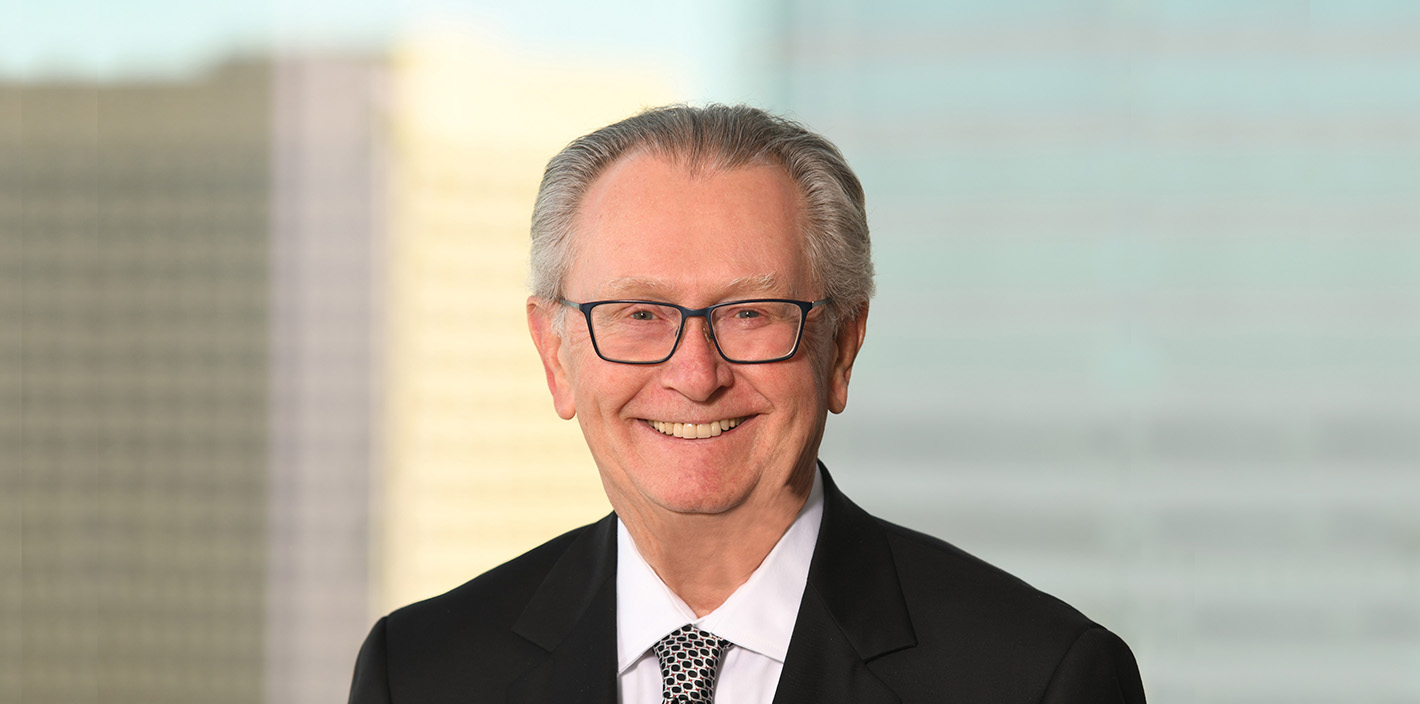Veteran Spotlight: Captain Sidney G. Dunagan

Captain Sidney Dunagan
I served in the Army Judge Advocate General’s Corps (JAGC) and was stationed in Charlottesville, Virginia; Fort Knox, Kentucky; Vietnam; and Germany. I consider military or community service to be one of the obligations of a U.S. citizen. I’m proud to have been part of the significant changes in the military justice system that began in 1968. This was when an independent court system was established within the military, free from command pressures and control.
One experience that stands out was getting caught in a sudden, violent thunderstorm while flying in a helicopter over a mountainous area in Vietnam. We were en route from one base camp to another, and the storm hit without warning. It was intense, to say the least!
I still stay in touch with many friends from my military days in the late ’60s and early ’70s. Those bonds have endured over the years.
How did your military service shape your view of leadership and teamwork?
Originally, I intended to be a tax lawyer. But after five years of trying courts-martial in the military, I shifted to trial law, which was far more exciting. That experience shaped my career in a profound way. Serving in the JAGC provided excellent training that I carried forward throughout my legal career, as it gave me invaluable courtroom experience.
My military service didn’t fundamentally change my views on leadership and teamwork, but it certainly placed me in positions of responsibility that helped me build upon and enhance those skills. It also allowed me to hone my legal skills, which set a strong foundation for my future in law.
How can we better support veterans?
Veterans come from diverse backgrounds and experiences. Some serve short terms, while others serve 20 years or more. Some see overseas action, while others don’t. Combat experience can vary greatly as well—some face close-range combat, while others operate from miles away. These differences mean that military service impacts each veteran differently, and I think it’s essential for people to be mindful of that when talking to veterans about their service.
In addition, ensuring veterans have jobs to come back to after service is crucial. It’s a simple but important way to help veterans transition back into civilian life.
